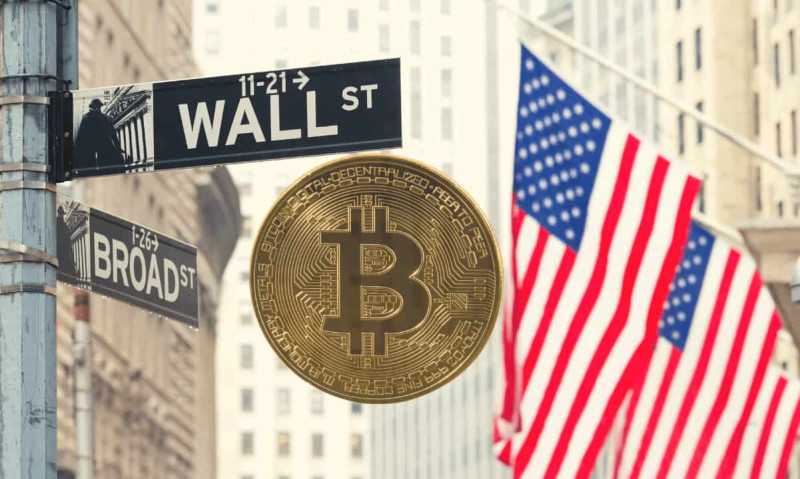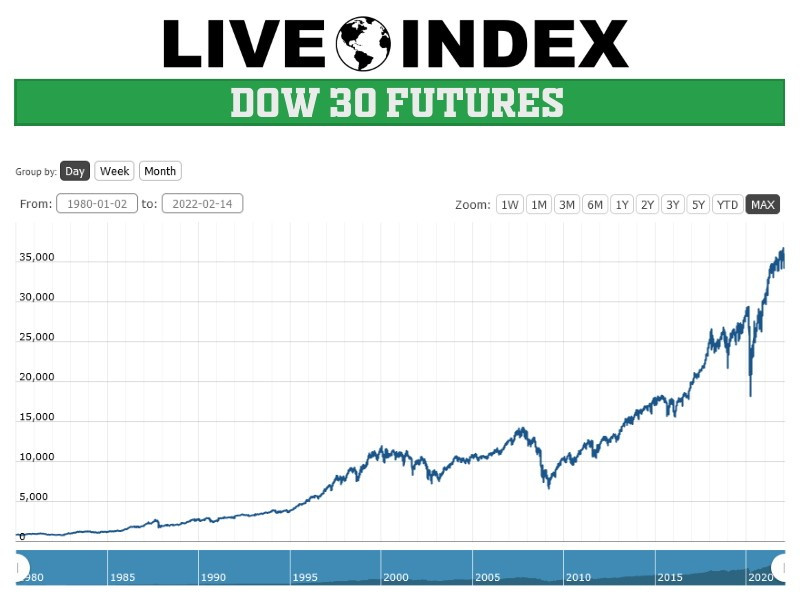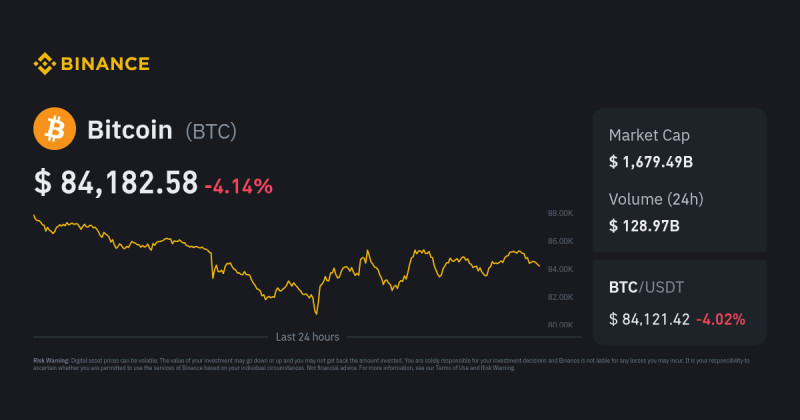As we step into the year 2025, the intersection of Wall Street and cryptocurrency is more pronounced than ever. The financial world is at a crossroads, grappling with the transformative potential of digital currencies and the traditional systems that have long dominated the market. This article delves into the evolving landscape, exploring how Wall Street is adapting to the rise of cryptocurrencies and the challenges and opportunities that lie ahead.
In recent years, the cryptocurrency market has seen exponential growth, attracting both retail investors and institutional players. Bitcoin, the pioneer of digital currencies, has paved the way for a plethora of altcoins, each offering unique features and use cases. This surge in interest has not gone unnoticed by Wall Street, which is now actively exploring ways to integrate cryptocurrencies into its existing frameworks.
One of the most significant developments in this arena is the increasing acceptance of cryptocurrencies as legitimate investment assets. Major financial institutions are now offering crypto-related products and services, catering to a growing demand from investors seeking diversification and higher returns. For instance, several prominent banks have launched crypto trading platforms, allowing clients to buy, sell, and hold digital assets alongside traditional securities.
Moreover, the regulatory landscape is evolving to accommodate the burgeoning cryptocurrency market. Governments and financial regulators worldwide are working to establish clear guidelines and frameworks that balance innovation with investor protection. In the United States, the Securities and Exchange Commission (SEC) has been actively engaged in crafting regulations that address the unique challenges posed by digital currencies. These efforts aim to foster a stable and secure environment for cryptocurrency trading, ensuring that investors can participate with confidence.
However, the path to widespread adoption is not without its hurdles. One of the primary concerns is the volatility of cryptocurrencies, which can lead to significant price fluctuations and market instability. This volatility poses risks for both investors and financial institutions, necessitating robust risk management strategies. Additionally, the decentralized nature of cryptocurrencies presents challenges related to security and compliance, as traditional financial systems are designed to operate within centralized frameworks.
Despite these challenges, the future of Wall Street and cryptocurrency appears promising. As technology advances and regulatory frameworks mature, the integration of digital currencies into mainstream finance is likely to accelerate. This convergence could lead to a more inclusive and efficient financial ecosystem, benefiting both investors and the broader economy. The crossroads of Wall Street and cryptocurrency represent a pivotal moment in the evolution of finance, one that holds the potential to reshape the way we think about money and investment.



